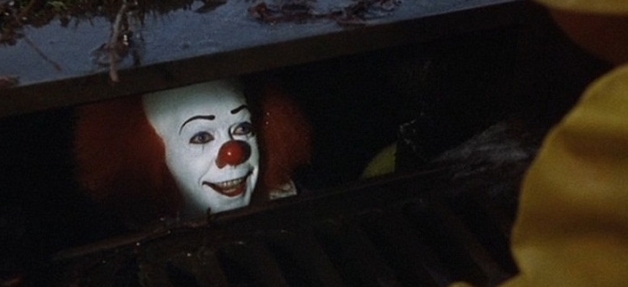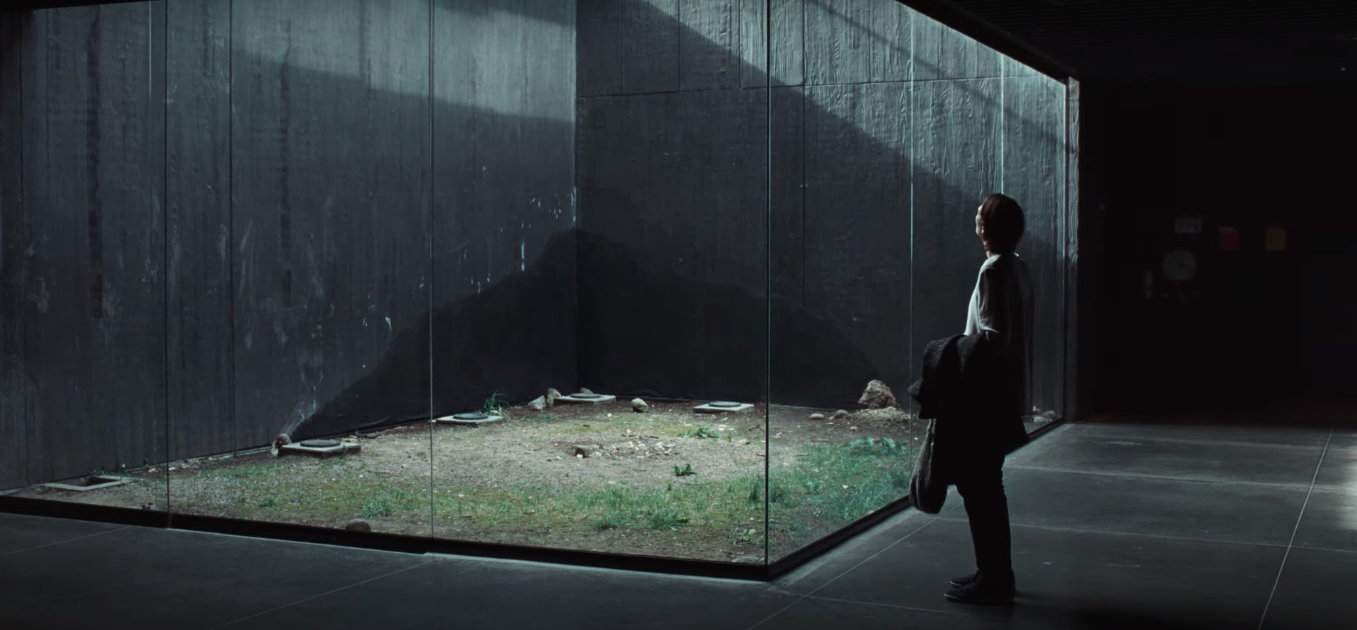

There, friendly faces, painful secrets and ancient histories lie in wait, as do the sights and sounds of a natural world in richly suggestive bloom.
#Memoria movie movie
For a while the movie follows her as she tries to figure out the nature and origin of these sounds, a journey that becomes sadder and stranger, more revealing and more baffling, as she wanders out into the jungle. Swinton, speaking mostly Spanish, plays a Scottish botanist who finds herself in Bogotá, where her days and nights are disturbed by mysteriously loud, thudding noises that apparently only she and the audience can hear. For all their mystical underpinnings, his stories are premised on the simple notion that extraordinary things - beauty, hilarity, connection, transcendence - are everywhere around us, if we’re only patient enough to look.

(Swinton was one of the queens of Cannes this year, having also appeared in “The French Dispatch” and Joanna Hogg’s superb “The Souvenir Part II,” which premiered outside the official selection in Directors’ Fortnight.) But the differences are superficial happily, Weerasethakul hasn’t dulled his sensibility or skimped on the slow, graceful magic that seems to flow forth from his movies like water. Quietly and sometimes not so quietly mesmerizing, “Memoria” represents a departure for Weerasethakul in some respects: Set and shot in Colombia, it’s his first feature made outside Thailand and his first to feature a Hollywood star, in this case Tilda Swinton. Such was also the case with “Memoria,” the long-awaited latest from the revered Thai filmmaker Apichatpong Weerasethakul, back in competition for the first time since his 2010 Palme winner, “Uncle Boonmee Who Can Recall His Past Lives.” Some of the highest-profile titles in contention for the Palme d’Or - like “Benedetta,” Paul Verhoeven’s tale of transgressive goings-on in a 17th century monastery, and “The French Dispatch,” Wes Anderson’s comic tribute to a bygone era of journalism - were originally selected for the 2020 festival and opted to hold back their releases a year in order to premiere at Cannes. With Cannes 2020 called off, Cannes 2021 reaped the benefits of not one but two years’ worth of new movies.

But if the 20 or so Cannes titles I did manage to see, most of them at screenings here in Los Angeles, are any indication, it seems safe to say that the excitement is far from unfounded. Was that a reflection of the quality of the program, or just a collective expression of delight at the mere fact of being back in Cannes again? Having opted to skip the festival this year myself, I couldn’t really say. Having been forced to cancel its 2020 edition in the immediate wake of the pandemic, the festival rebounded this year with an enormous lineup of movies that was hailed as an uncommonly exciting one by many of the journalists in attendance. If Serebrennikov was missed in Cannes - a placard bearing his name was left over an empty seat at his premiere, a sadly common tribute to dissident filmmakers who are restricted from traveling - he was of course not the only one unable to attend this year’s resurgent but still COVID-impacted festival.
#Memoria movie free
Still, while Serebrennikov may be banned from leaving Russia, his imagination, as well as his cast and crew, have been left gratifyingly free to roam: In its form-bending construction and surreal imagery, “Petrov’s Flu” plays like the work of an artist thrillingly unbound. His imprisonment kept him from attending the 2018 Cannes premiere of his previous feature, “Leto” he wasn’t allowed to attend the festival this year either.
#Memoria movie full
Full of nagging coughs, hallucinatory sequences and beguiling narrative detours, it’s a madly disorienting romp through a wintry post-Soviet labyrinth that switches time frames and perspectives as though it were succumbing to a series of fevers, though here the condition being diagnosed is less a physical malady than a spiritual and institutional one.Ī work of defiant social critique that gives way to passages of dreamy beauty and tenderness, “Petrov’s Flu” is the first new feature from the 51-year-old director Kirill Serebrennikov since his 2019 release from house arrest, a punishment that is widely believed to be retaliation for his outspoken criticism of the Russian government. One of the wilder movies I’ve seen from the main competition slate of this year’s Cannes Film Festival is a 2 ½-hour Russian drama called “Petrov’s Flu.” A film about a family of three in the grip of a pesky virus might seem either aptly or poorly timed, but this one, adapted from a novel by Alexey Salnikov, was conceived and shot before the onset of the COVID-19 pandemic.


 0 kommentar(er)
0 kommentar(er)
